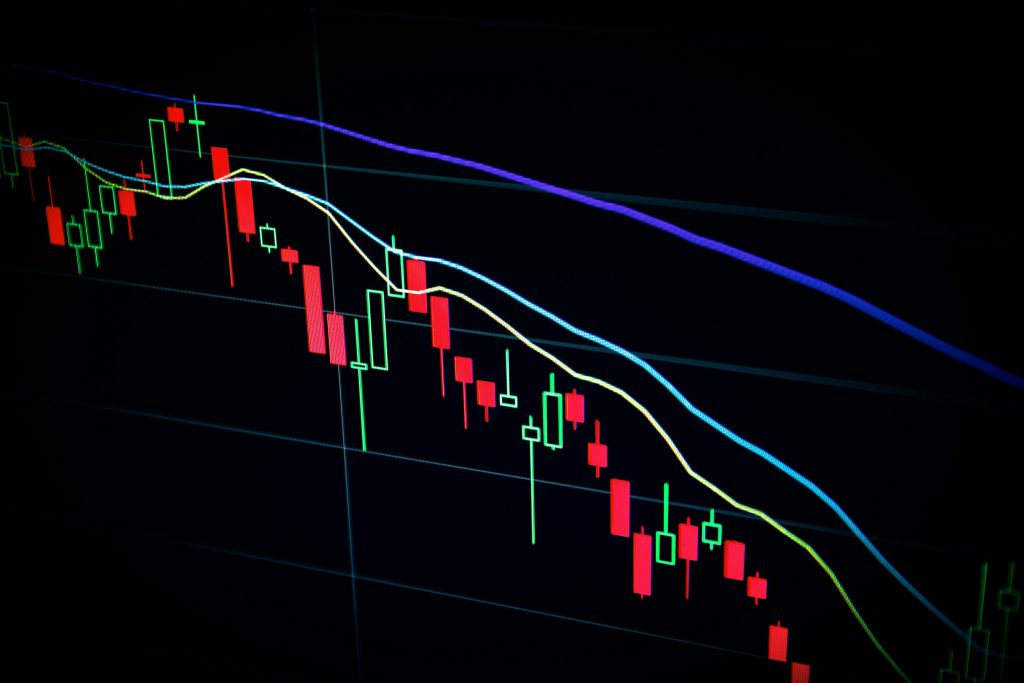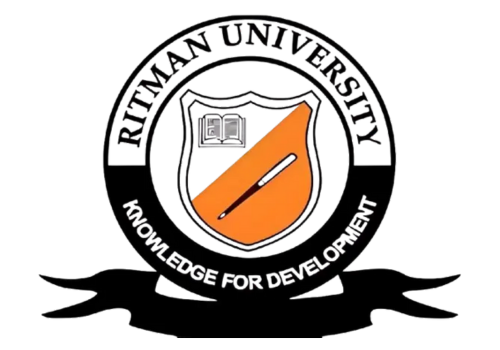Economics
Understanding of how societies allocate resources, make financial decisions, and manage economic systems. Here are key reasons to pursue a degree in Economics

Department Overview
Why Study Economics ?
Studying Economics provides a deep understanding of how societies allocate resources, make financial decisions, and manage economic systems. Here are key reasons to pursue a degree in Economics:
High Demand for Economists
Governments, corporations, and international organizations need economists to analyze and predict economic trends.
Diverse Career Opportunities
Economists can work in banks, financial institutions, government agencies, multinational corporations, NGOs, and research institutes.
Strong Earning Potential
Many careers in finance, policy analysis, and business consulting offer high salaries.
Global Career Prospects
Economics is a globally relevant field, offering opportunities in international trade, global markets, and financial institutions like the World Bank, IMF, and United Nations.
Ability to Analyze and Solve Real-World Problems
Understanding economic principles enables individuals to make better financial and business decisions.
Personal Financial Management
Learning about inflation, interest rates, taxes, and investments helps in making informed financial choices.
Core Competencies
Areas of Study
Micro-economics
Macro-economics
Our Faculty
Meet Our Experts
Dr. John Smith
Department Chair
Ph.D. in Computer Science, MIT
Specializes in software architecture and distributed systems
Prof. Sarah Johnson
Associate Professor
Ph.D. in Software Engineering
Expert in software testing and quality assurance methodologies
Dr. Michael Chen
Assistant Professor
Ph.D. in Artificial Intelligence
Focuses on machine learning applications in software systems
Career Opportunities
Where Our Graduates Work
Banking & Finance Sector
Financial Analyst – Analyzing financial data to help businesses make investment decisions. Investment Banker – Helping companies raise capital and manage mergers and acquisitions.
Government & Public Sector
Economist – Analyzing national and global economic trends to shape policies. Policy Analyst – Advising government agencies on taxation, healthcare, education, and employment policies.
Business & Corporate Sector
Economist – Analyzing national and global economic trends to shape policies. Policy Analyst – Advising government agencies on taxation, healthcare, education, and employment policies.
Ready to Begin Your Journey?
Join our department and develop the skills needed for success in today’s rapidly evolving world.
